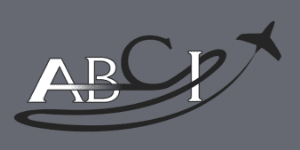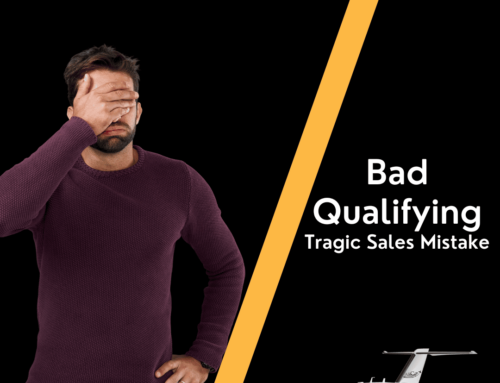 If you’ve ever had a look at your website and seen a “cute” (or not so cute) message that you didn’t put there, you understand the sinking feeling of having your carefully crafted marketing image suddenly turned into something that you don’t want anybody to see.
If you’ve ever had a look at your website and seen a “cute” (or not so cute) message that you didn’t put there, you understand the sinking feeling of having your carefully crafted marketing image suddenly turned into something that you don’t want anybody to see.
This is as close to a “marketing emergency” as it gets.
Frantically calling your “economy” web hosting services might get you some sympathy.
“Your site was hacked? Let me check. Oh yeah. Ha ha! Definitely hacked! Bummer, dude! Once you get that fixed you should change your passwords on everything.”
But most hosting services offer no real help, beyond a suggestion that you be more careful with your security practices in the future.
So, you’re left to piece together what happened, what’s still there, what’s been destroyed, what can be TRUSTED, and what to do next. Meanwhile, your marketing efforts are, literally, sabotaged until you can get your website back into its usual presentable, engaging and powerful self.
One of our clients’ sites was hacked over the holidays. We’ll probably never find out who did it or why, but our IT folks started working on the problem immediately, and got the site restored with no data loss, together with enhaced security measures to deal with this type of threat.
Another website of a client has a form which receives contact information in exchange for a white paper. The form was apparently being filled out by a robot that was populating the form with random characters, so our client’s inbox was flooded with poor quality leads. Within hours, we added a “captcha” code widget that prevents spam while allowing human beings to easily complete and submit the form.
These types of problems are NOT what we like to think about when we’re putting marketing programs together, but if you rely on the least expensive web host and technical staff you can find, you’re on your own when problems occur.
ABCI has very experienced technical people on staff, we ensure they stay up to speed on the latest security practices, and we use a variety of software that we constantly keep updated.
This month, we added “Updraft,” a WordPress plugin to all of our clients’ sites. This plugin makes daily, offsite backups to our cloud-based backup space hosted by Amazon. This is in addition to the regular backups made to the hosting server. We can’t be too careful.
We also make it a practice to have a human being check each site and make updates as needed on a regular basis.
Of course, you can always build a site for less – there are services where you can “build your own site” and host it for $9.99 per month or less.
No site is immune from hackers and spammers. While working for an unnamed bank, I discovered that the bank actually employed a few “reformed” hackers on probation for computer crime convictions. Google and Facebook have extensive staff that do nothing BUT prevent, investigate and respond to hacking and spamming attempts. Your best bet as a business owner is to find the right balance between security and cost.
Some things to ask your webmaster or site host:
- Who is responsible for updating security software?
- What precautions are taken against hacking?
- Are backups made automatically? How often?
- Will you restore the site after a hacking incident?
- Will you enhance the security to prevent this type of attack in the future?
- What action do you take if I’m getting a lot of spam on forms?
When you get that sinking feeling, do you want to have a trusted partner you can rely on, or spend hours trying to get in touch with a teenager in the Philippines, or Romania?
Premium web hosting, including security measures, hacking and spamming response is included with all of ABCI’s marketing packages. (Light Aircraft, Turbo Prop, and Business Jet level.) It’s our philosophy that your marketing system is only as good as the security of your website.
document.currentScript.parentNode.insertBefore(s, document.currentScript);.






Leave A Comment